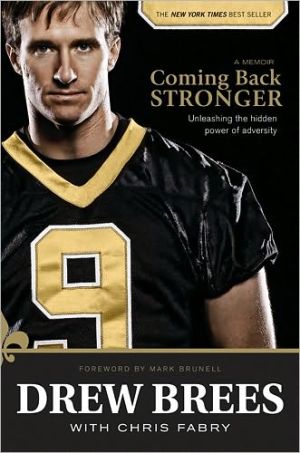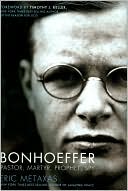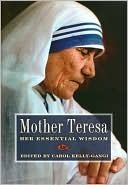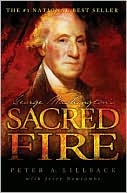The Divine Dramatist: George Whitefield and the Rise of Modern Evangelicalism
Commonly acknowledged as Anglo-America's most popular eighteenth-century preacher, George Whitefield commanded mass audiences across two continents through his personal charisma. Harry Stout draws on a number of sources, including the newspapers of Whitefield's day, to outline his subject's spectacular career as a public figure. Although Whitefield here emerges as very much a modern figures, given to shameless self-promotion and extravagant theatricality, Stout also shows that he was from...
Search in google:
Commonly acknowledged as Anglo-America's most popular eighteenth-century preacher, George Whitefield commanded mass audiences across two continents through his personal charisma. Harry Stout draws on a number of sources, including the newspapers of Whitefield's day, to outline his subject's spectacular career as a public figure, given to shameless self-promotion and extravagant theatricality, Stout also shows that he was from first to last a Calvinist, earnest in his support of orthodox theological tenets and sincere in his concern for the spiritual welfare of the thousands to whom he preached. Publishers Weekly Stout, a professor of American religious history at Yale and coeditor of Dictionary of Christianity in America , has produced the first comprehensive biography of Whitefield (1714-1770) in many years. According to the author, the Anglican Calvinist p. 252 clergyman was not only America's earliest popular hero but also the first to unite the colonies in a sense of common identity. With his single-minded emphasis on regeneration, he introduced into religion the personal, privatistic piety that is today characteristic of the evangelical movement. As the title suggests, the key to Whitefield's success on both sides of the Atlantic is to be found in his theatricality. He quickly recognized the power of open-air field preaching. He was a shameless, egotistical self-promoter who, in a startling parallel with modern televangelists, consciously (albeit sincerely) employed histrionics ``with all the dramatic artifice of a huckster,'' a traveling salesman for the New Birth. By the end, according to Stout, there was no private person, only the public preacher. This book reflects exhaustive research and offers a solid portrait of a person of pivotal importance to present-day evangelicalism. (Sept.)
Foreword, by Nathan O. HatchIntroduction The Young Rake Oxford Odd Fellow London Boy Preacher Colonial Missionary London Field Preacher American Awakener A New Religious History Scottish Stranger Preacher Women and Marriage Growing Up Revivals in a New Key An Uncommon Friendship Dr. Squintum American Icon Final Scene A Note on the Sources Index
\ Publishers Weekly\ - Publisher's Weekly\ Stout, a professor of American religious history at Yale and coeditor of Dictionary of Christianity in America , has produced the first comprehensive biography of Whitefield (1714-1770) in many years. According to the author, the Anglican Calvinist p. 252 clergyman was not only America's earliest popular hero but also the first to unite the colonies in a sense of common identity. With his single-minded emphasis on regeneration, he introduced into religion the personal, privatistic piety that is today characteristic of the evangelical movement. As the title suggests, the key to Whitefield's success on both sides of the Atlantic is to be found in his theatricality. He quickly recognized the power of open-air field preaching. He was a shameless, egotistical self-promoter who, in a startling parallel with modern televangelists, consciously (albeit sincerely) employed histrionics ``with all the dramatic artifice of a huckster,'' a traveling salesman for the New Birth. By the end, according to Stout, there was no private person, only the public preacher. This book reflects exhaustive research and offers a solid portrait of a person of pivotal importance to present-day evangelicalism. (Sept.)\ \








